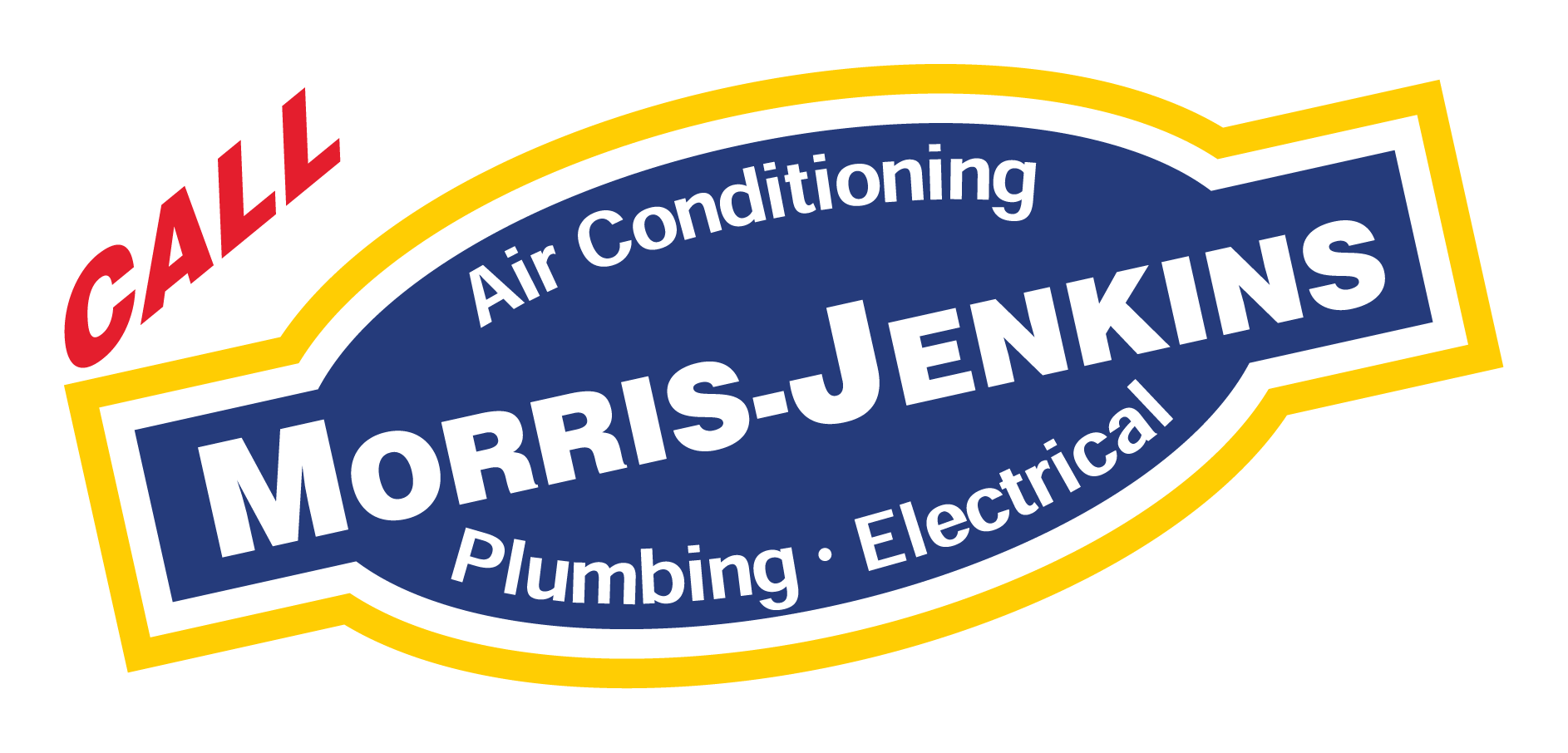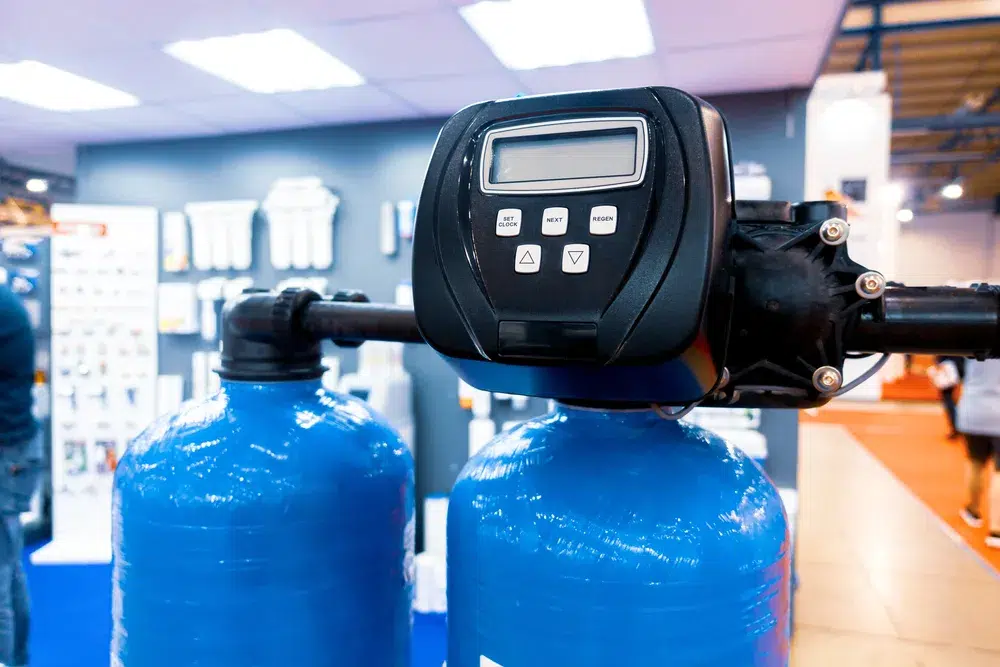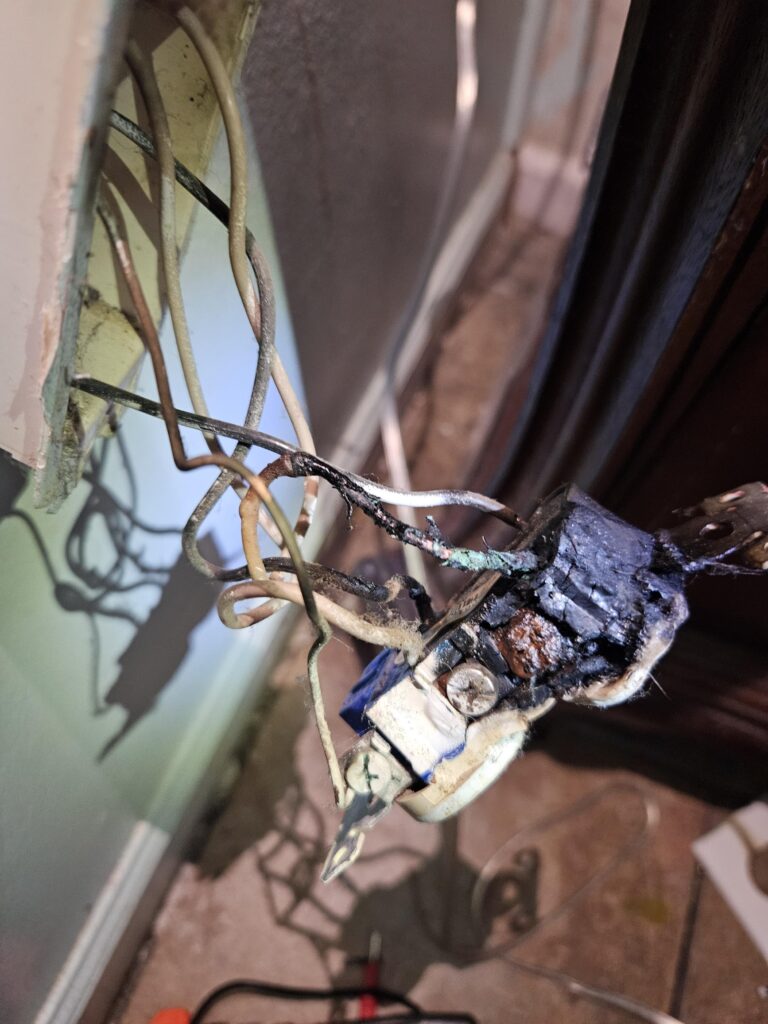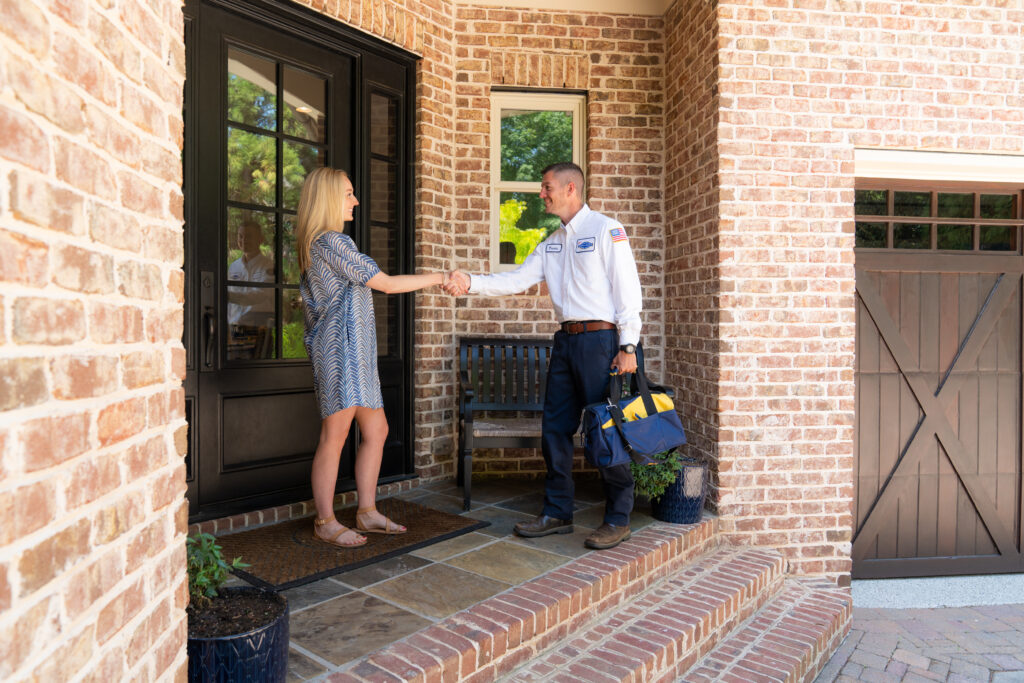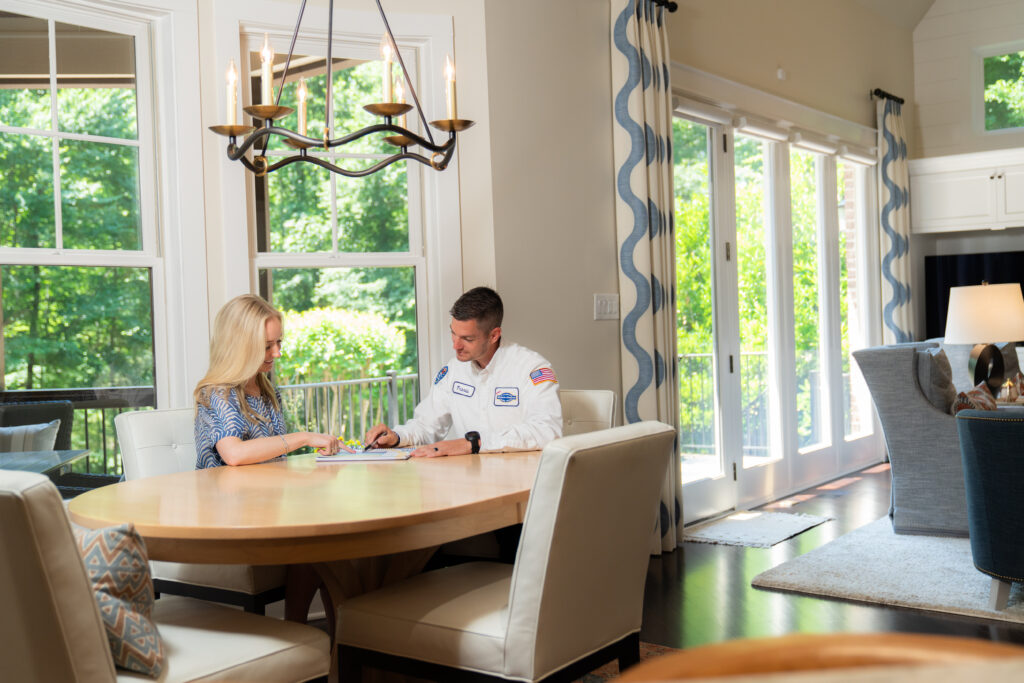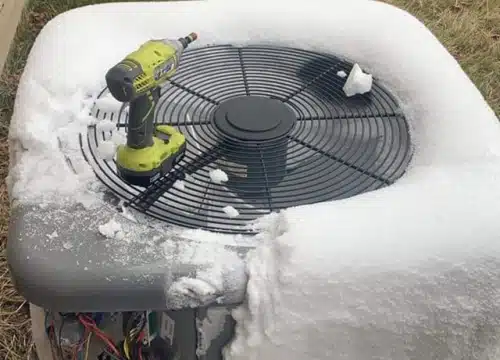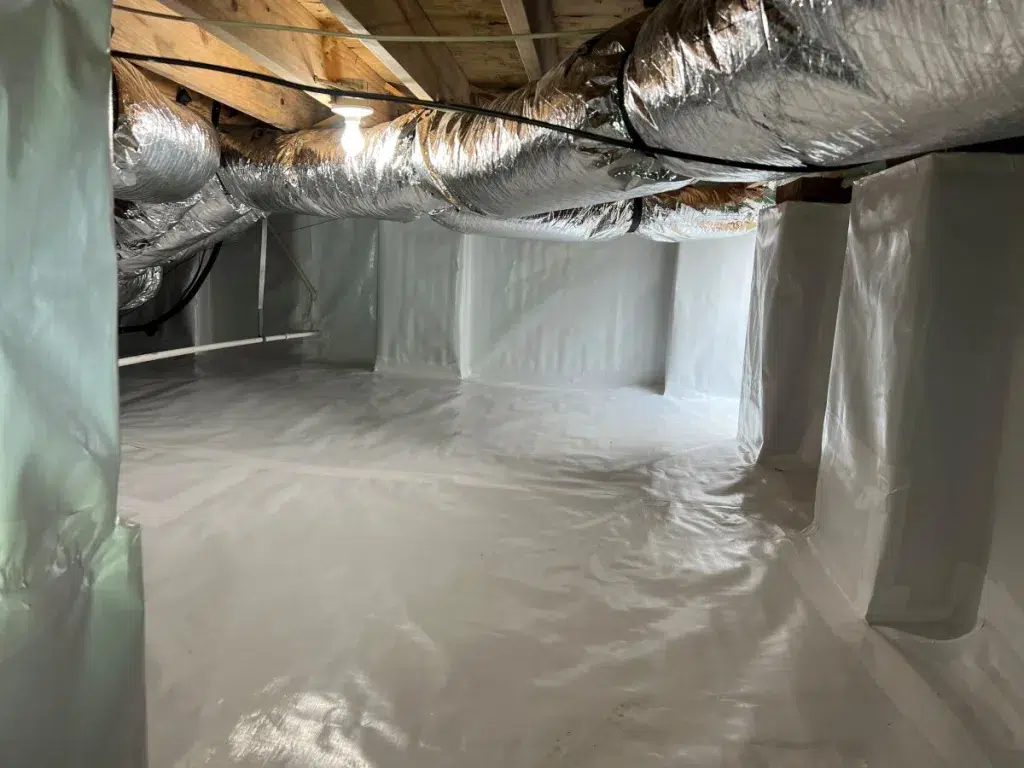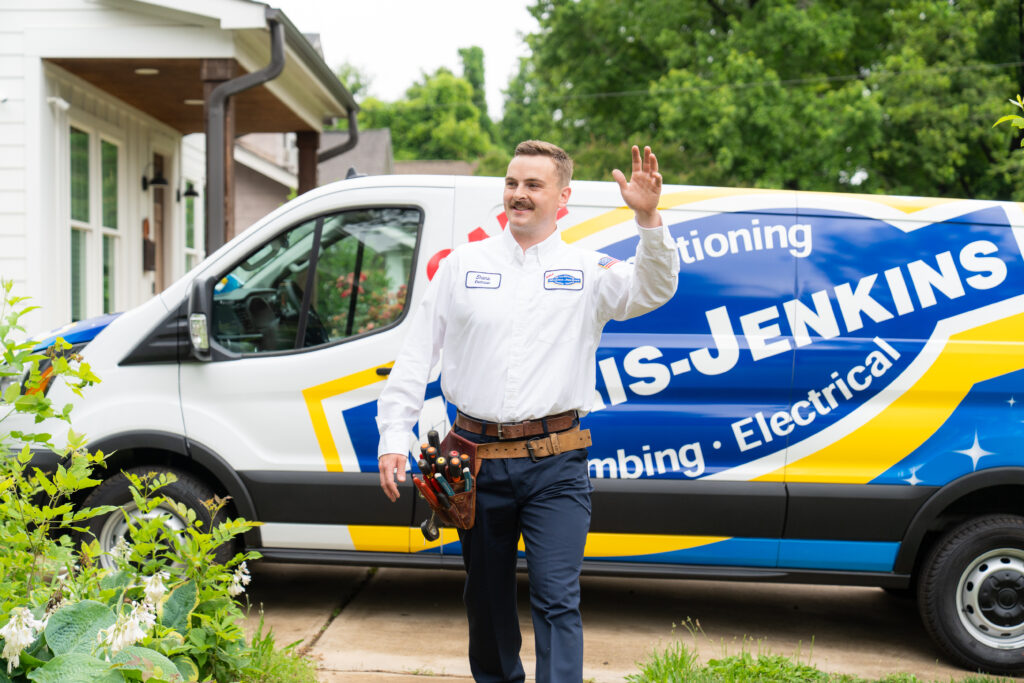Heard of hard water? It’s when your water supply becomes full of excess minerals like calcium and magnesium. These don’t make your water dangerous to use or drink, but they can definitely cause their fair share of problems around your home.
We’re talking about things like white buildup on faucets, cloudy dishes, stiff laundry, and even gunky pipes that make your water-using appliances work harder than they should. If you’re tired of all the problems that come with hard water (water that’s high in minerals), a water softener might be the right move for your home!
What Is a Water Softener?
We’ve already talked about it a bit, but just to recap: hard water is a pain. It can wreak havoc on your plumbing system, your skin, and even your laundry. But thankfully, there’s a fix!
Water softener systems are a water filtration method that focuses on removing minerals from your water, leaving you with soft water that treats you and your home better!
How Does a Water Softener Work?
Home water softeners work by filtering out the calcium and magnesium in your water. These filtration systems are full of a special kind of resin bead. Water flows through the beads, and these dissolved minerals stick to the beads instead of following the water into your home. Home water softeners also have salt in them to help clean the minerals from the resin beads so they can be reused over and over again without missing a beat!
The Science Behind How Water Softeners Work
Interested in the science behind how it works? Here are some things to know:
When untreated hard water enters your home water softener, it runs over those special resin beads. Your home water softener uses salt (sodium and chloride) to give you softer water. The sodium ions are stuck to the resin beads, but when your hard water comes in contact with the beads, they trade the sodium out for the hardness. This takes your hard water and transforms it into soft water!
Will Your Soft Water Taste Salty?
If your home water softener is installed correctly, you shouldn’t taste salt! When you think of the salt you put in your food, you’re thinking of sodium chloride. You’re actually tasting the chloride. Your home water softener uses an ion exchange, which leaves only sodium in the water, so it shouldn’t taste like salt.
However, if you have health concerns that require you to restrict your sodium intake, we can use potassium in your home water softener instead of sodium!
Where to Install a Water Softener
When we come out to install a whole home water softener, we’ll install it near the main water line to your house. This means all the water going into your house will be softer than before—even the water going into your water heater! This protects it from mineral buildup, which also means your water heater will work better and live longer.
How to Tell You Need a Home Water Softener
If your home has hard water, you need a water softener! Not only is hard water bad for your skin and hair, but it can also cause a lot of problems with your home’s plumbing. You might have hard water if you notice things like:
- Mysterious stains on your clothes. If you’ve been noticing yellow stains on your light-colored clothes or white stains on your dark clothes, it could be mineral buildup from your water.
- Your clean dishes have spots on them. If your dishes have foggy spots, streaks, or film even after they were just washed, it’s probably coming from your water.
- Crusty white spots on your faucets and drains. These mineral scale spots are hard to scrub off.
- Spots on surfaces that contact water, like shower doors, sinks, and other appliances.
- Dry and itchy skin. If your skin feels dry and itchy (especially after showering), it could be because of your water quality. This is especially noticeable to people with eczema.
- Dry and brittle hair.
- You can feel a film on your hands after you wash them.
- Soap scum on your shower and bathtub.
- Low water pressure. Hard water leaves mineral deposits in your water lines and faucets, which can change the flow of water.
Even if you just have a couple of these problems, they can get really annoying really fast! If you think you might have hard water, give us a call (or text us). We can send one of our water experts out to assess your water and let you know precisely what the problem is.
If it turns out your hunch was right and you do have hard water, we can talk to you about our home water softener options to help you say goodbye to these hard water problems for good! A water softener can give you softer skin, save you from costly repairs, protect your laundry, and so much more! Reach out to Morris-Jenkins today to learn more!
Water Softener Installations in Charlotte, NC, From Morris-Jenkins
Now that you know how home water softeners work and how to spot the signs of hard water, it’s time to call (or text) Morris-Jenkins! Not sure if you have hard water? We can come out to do a water quality consultation first! Did you know our Priority Advantage® Members get free in-home water quality consultations with lab-grade equipment (normally $149)?
If you’re dealing with hard water, fight back with help from Morris-Jenkins! We proudly install water softeners across the Charlotte area, and we can help find the perfect system for your home.
Ready to take advantage of softened water? We’re here til midnight and don’t charge extra for evening or weekend appointments. We’re here for you at all times, so give us a call today to schedule your water softener installation in Charlotte!
